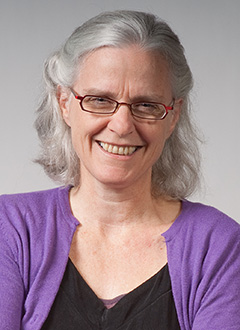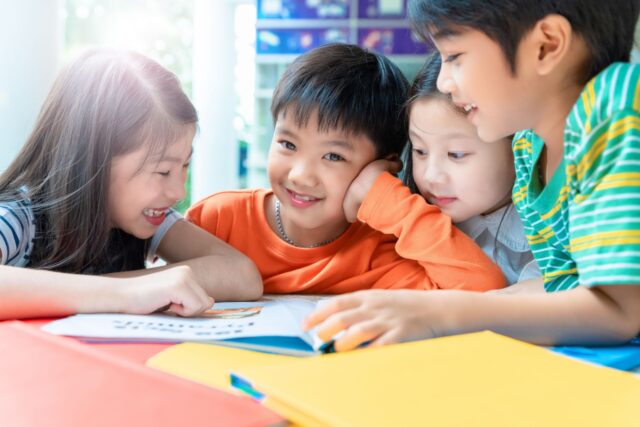
Ddapted from No More Science Kits or Texts in Isolation.
Scientists engage with text differently than professionals in other domains (Shanahan, Shanahan, and Misischia 2011). For example, Yore, Bisanz, and Hand (2003) point to a number of ways that science is different from other ways of knowing, including that scientific explanations and claims must be supported with observable evidence and that scientists must maintain a skeptical stance toward their own and others’ evidence. In addition, scientists must report their evidence in ways that leave their claims and explanations open to criticism.
These ways of knowing suggest approaches to thinking about literacy instruction in science. For example, reading instruction can emphasize the critical examination of evidence gathered through text and online sources. Writing instruction can help students not only make evidence-supported explanations, but also describe their processes and data in ways that allow others to critically examine their work.
Evaluating Text Critically
Among the skills needed to be consumers of science information is the ability to critically evaluate the claims being made in science text using the standards of evidence in science (Magnusson and Palincsar 2004), and synthesizing evidence in the interest of formulating explanations.
In addition, to read in science, students need to be ready to revise their thinking based on the introduction of new information. Both reading and science rely on cognitive strategies for sensemaking (called comprehension strategies in literacy education). Providing instruction in how to use strategies, such as questioning, predicting, making inferences, setting a purpose, and so on, in the context of both reading and science, prepares students to engage in ongoing investigations.
Connecting Text and Experience
One way to support the development of authentic literacies in science is to position students’ reading and writing as direct support for students’ involvement in scientific investigations. For example, students need to learn to read across text and experience, drawing on both to investigate questions about the natural world. Rather than focusing instruction only on comprehension of individual texts for the sake of learning facts or determining the main ideas, reading comprehension in science should move beyond the individual text to focus on the ability to pool diverse information sources.
Students need to learn to bring together prior knowledge, firsthand experiences, and information gathered from texts to engage in question-driven investigations and develop conceptual understandings (Guthrie et al. 1999; Holliday, Yore, and Alvermann 1994). Reading across different sources to make better scientific explanations can be supported by comprehension instruction that emphasizes activating and leveraging prior knowledge, making inferences across texts, and revising one’s thinking based on the introduction of new information.

Jacqueline Barber is co-author of No More Science Kits or Texts in Isolation and Director of the Learning Design Group at the University of California, Berkeley's Lawrence Hall of Science.

Gina Cervetti is coauthor of No More Science Kits or Texts in Isolation and a co-author of Comprehension Going Forward.
An assistant professor of Curriculum and Instruction at University of Colorado Boulder, she teaches graduate-level courses on reading instruction and assessment. The focus of Gina’s work over the last decade has been on students’ development of academic literacies with a particular focus on reading comprehension—and, more recently, talk— in science. In particular, she has been exploring the question, How can literacy instruction be made more authentic, powerful, knowledge-enriching, and personally meaningful through integration with content-area instruction?


